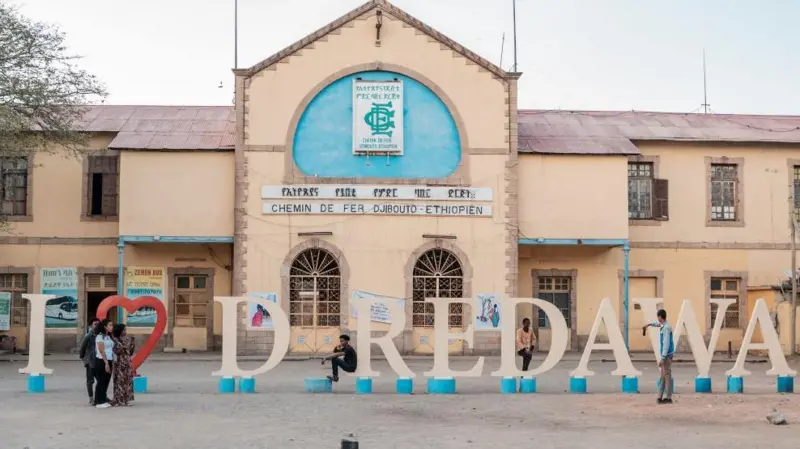Ownership Dispute Over Diridhabe City Reignites Amid Historical and Political Debate

The long-standing debate over the ownership of Diridhabe, a city in eastern Ethiopia, has flared up again following comments by Ethiopian Prime Minister Abiy Ahmed in parliament regarding the Walqaayit area.
Speaking on TPLF-related issues, the Prime Minister stated, “According to the constitution, Diridhabe belongs to the Oromia Region,” highlighting the long-standing territorial disputes between the Oromo and Somali communities.
His remarks quickly drew criticism on social media, sparking renewed public debate about the city’s rightful administration.
Historical Background
Diridhabe was reportedly established around 1902 during the reign of Emperor Menelik II, who built a railway connecting Addis Ababa and Djibouti.
The city was intended as a strategic hub linking Ethiopia to neighboring countries and fostering economic activity. Initially named “Hararta Cusub,” Diridhabe grew as a settlement for Ethiopians and immigrants from France, Greece, Armenia, and several Arab nations. The railway made it an important commercial center with vibrant social and economic activity.
After the rise of the People’s Democratic Revolutionary Government of Ethiopia, the question of Diridhabe’s ownership intensified. Interpretations differed between the Oromo and Somali communities, with both sides asserting historical claims over the city.
Research Findings
In 2018, Dr. Darajjee Fayyisaa conducted research on migration patterns to Diridhabe, noting that between 1991 and 1993, the city was administered by the Democratic Union of Oromo People (DHDUO)-ADWUI, placing it under Oromia. However, Somali political parties advocating for the rights of the Somali-inhabited areas contested this claim, arguing that Diridhabe became part of the newly established Somali Regional State in 1993.
Legal Framework
To address the dispute, the Ethiopian federal government intervened, and in 2004, a law titled “Charter for the Administration of Diridhabe City (No. 416/2004)” was enacted.
The law stipulates that, pending a permanent legal solution, Diridhabe will operate under federal administration with a degree of self-governance. The city’s mayoral office is alternated every five years between representatives of the Oromo and Somali communities, aiming to maintain political balance.
Research by Balaw Warquu in 2017 on interethnic relations in Dire Dawa highlighted that the power-sharing arrangement reduced political rivalry between the Oromo and Somali communities, creating a controlled political environment without strong competition.
Legal Opinions
Constitutional expert Daani’eel Asaffaa has argued that the city’s administrative structure was established without clear constitutional basis, contributing to ongoing disputes and legal ambiguities regarding Diridhabe’s governance.
As tensions rise once more, the federal government’s role and the balance between the Oromo and Somali communities remain central to resolving the city’s status, illustrating the complex interplay of history, ethnicity, and law in Ethiopia’s regional governance.
